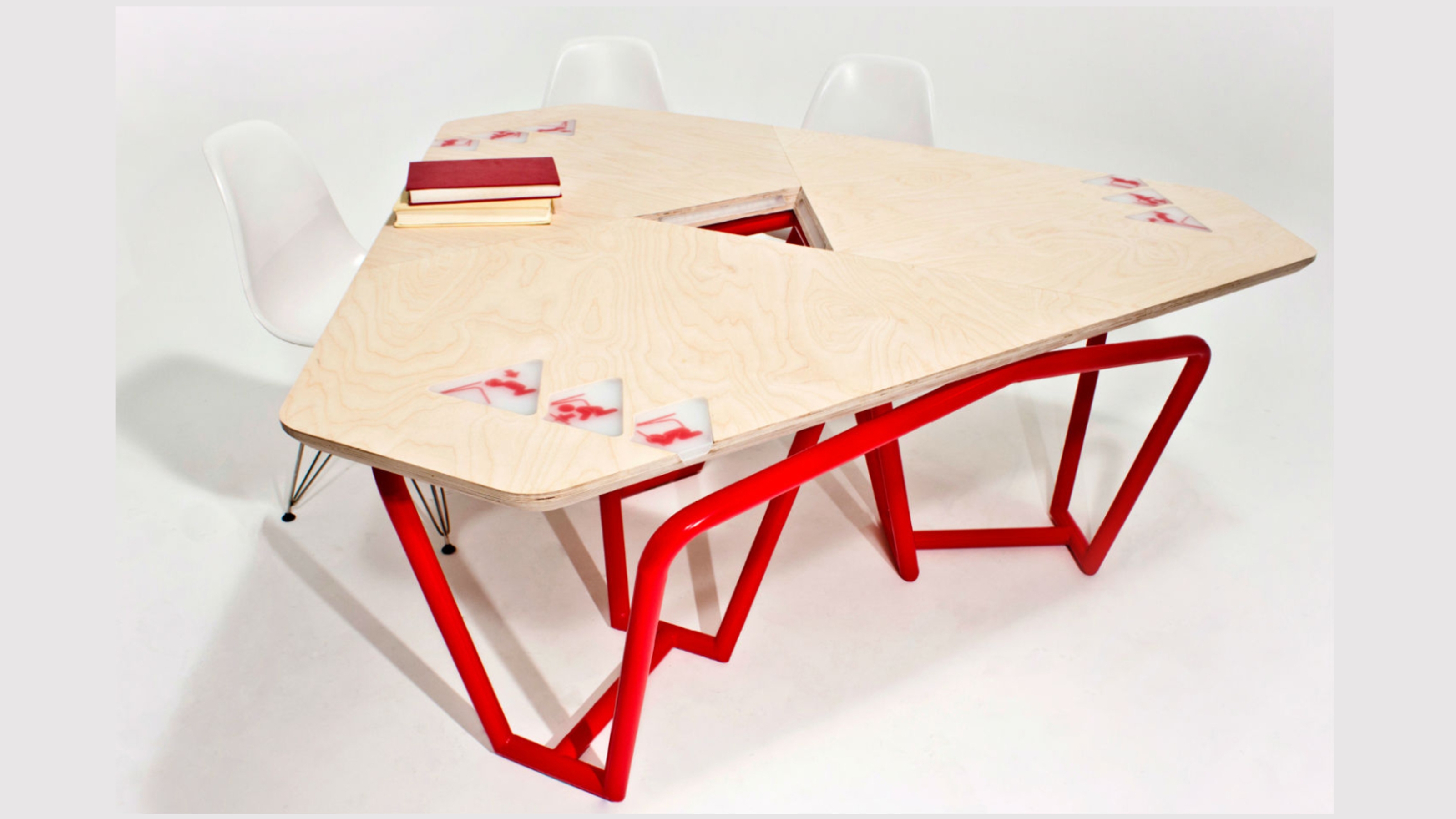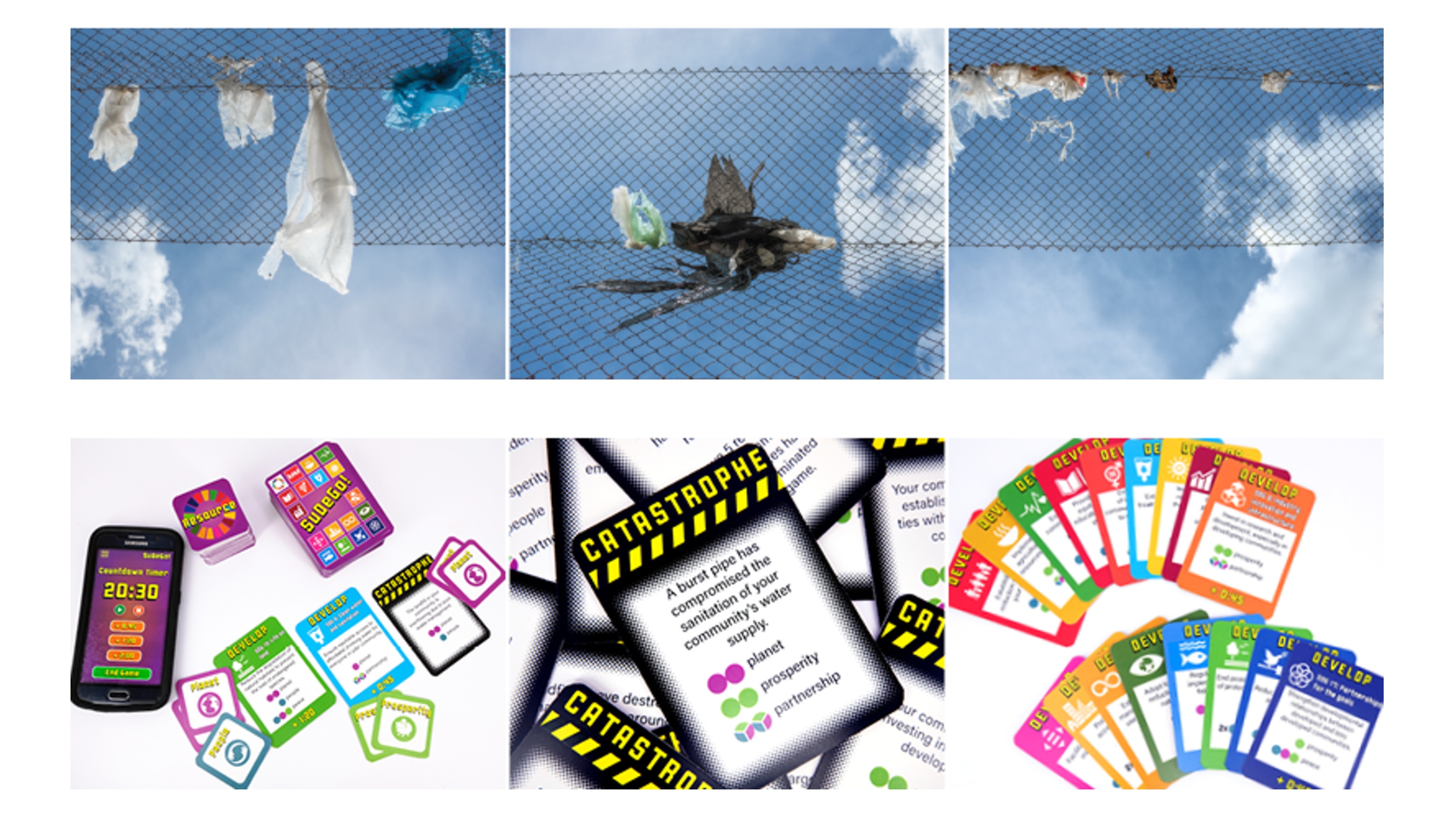C.R.I.S.I.S.
The C.R.I.S.I.S. research group supports design-led responses to sustainability challenges impacting Aotearoa New Zealand and beyond.
An interdisciplinary Design Research Innovation Lab, C.R.I.S.I.S. (Critical Resilience through Innovative Solutions in Sustainability) contends with issues of a socio-ecological nature. C.R.I.S.I.S. recognises that creative solutions are essential in navigating the challenges we face today and in the future. As Albert Einstein said, “We can't solve problems by using the same kind of thinking we used when we created them.”
Accordingly, this research lab invites the development of creative, speculative, theoretical, and applied research projects that aim to ignite positive socio-ecological change.
Issues that centre around sustainability are relevant across disciplines, and C.R.I.S.I.S. reflects this principle by embracing interdisciplinary and collaborative modes of design research. As an issue-based research lab, C.R.I.S.I.S. welcomes a diverse application of design approaches, tools, and mediums in the critical development of objects, images, systems, games, and experiences.
Issues investigated in this DRIL include: climate change-induced disasters, eco-anxiety and related psychological stressors, the transition of design systems from linear to circularity, the Anthropocene, raising awareness about the UN Sustainable Development Goals, and relevant issues within the context of New Zealand.
Aims and objectives
We aim to:
- Develop innovative design-based outcomes for public engagement and impact
- Contribute to or address the UN Sustainable Development Goals
- Cultivate critical, contextual, and interdisciplinary design research that addresses sustainability-related challenges.
Research outputs may include written analysis, objects, images, systems, film, games, or experiences.
Where appropriate, students will be paired with external partners. Efforts towards student publication, public presentation and/or exhibition will be actively encouraged and supported.
Postgraduate learning objectives:
- Investigate the principles and challenges of sustainability within global and prescribed contexts.
- Communicate the value of design in addressing an identified sustainability challenge.
- Apply iterative design thinking in the development of research outcomes.
- Develop creative and/or innovative design proposals according to a self-authored brief.
- Analyse and/or reflect on the design development process and efficacy of design outcomes.
Projects
Illuminating the SDGs
The Sustainable Development Goals (SDGs) are a multi-dimensional framework published by the United Nations outline a strategy for shared action “for people, planet and prosperity” (UN SDSN Guide). These goals describe major development challenges and, coinciding with these, transformational aspirations for their mitigation.
The SDGs are universal goals for the global community with an aim to secure a sustainable, peaceful, prosperous and equitable life on earth for everyone now and in the future. This project invites diverse concepts that harness the role of design in addressing sustainable development, and that aim to raise awareness about the SDGs.
Visualising Climate Change
Our new climate realities require the development of innovative communication tools that are capable of effectively raising awareness, educating, and inspiring positive action. This interdisciplinary project investigates the potentials of design thinking and the application of technology in conveying the complex impacts of climate change.
Through research-led design, students will engage in the creative production of impactful outcomes that ultimately function to encourage climate mitigation and adaptation actions. Mediums will be selected based on the specified project objectives, but may include web-based media such as data visualisation or the production of speculative or commercially-oriented objects.
Design for Disaster
As the world grows increasingly unstable with the rise of man-made and natural disasters on the horizon, innovative designs that foster resilience are in high demand. This interdisciplinary project focuses on the development of design solutions and provocations that investigate the potential of design in mitigating the anxiety and physical threats that we face today and in the near future.
Specific themes include the design of furniture and digitally interactive objects that critically address the impacts of earthquakes and Anthropocene-related challenges. This may include speculative products and scenarios or the development of commercialisable design solutions.


Senior Lecturer
School of Design Innovation
Associate Dean (Research, Innovation and Engagement) · Associate Dean of Research and Innovation
Wellington Faculty of Architecture and Design Innovation
Lecturer, Game Design
Wellington School of Architecture



